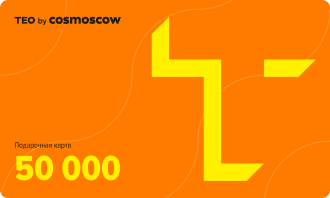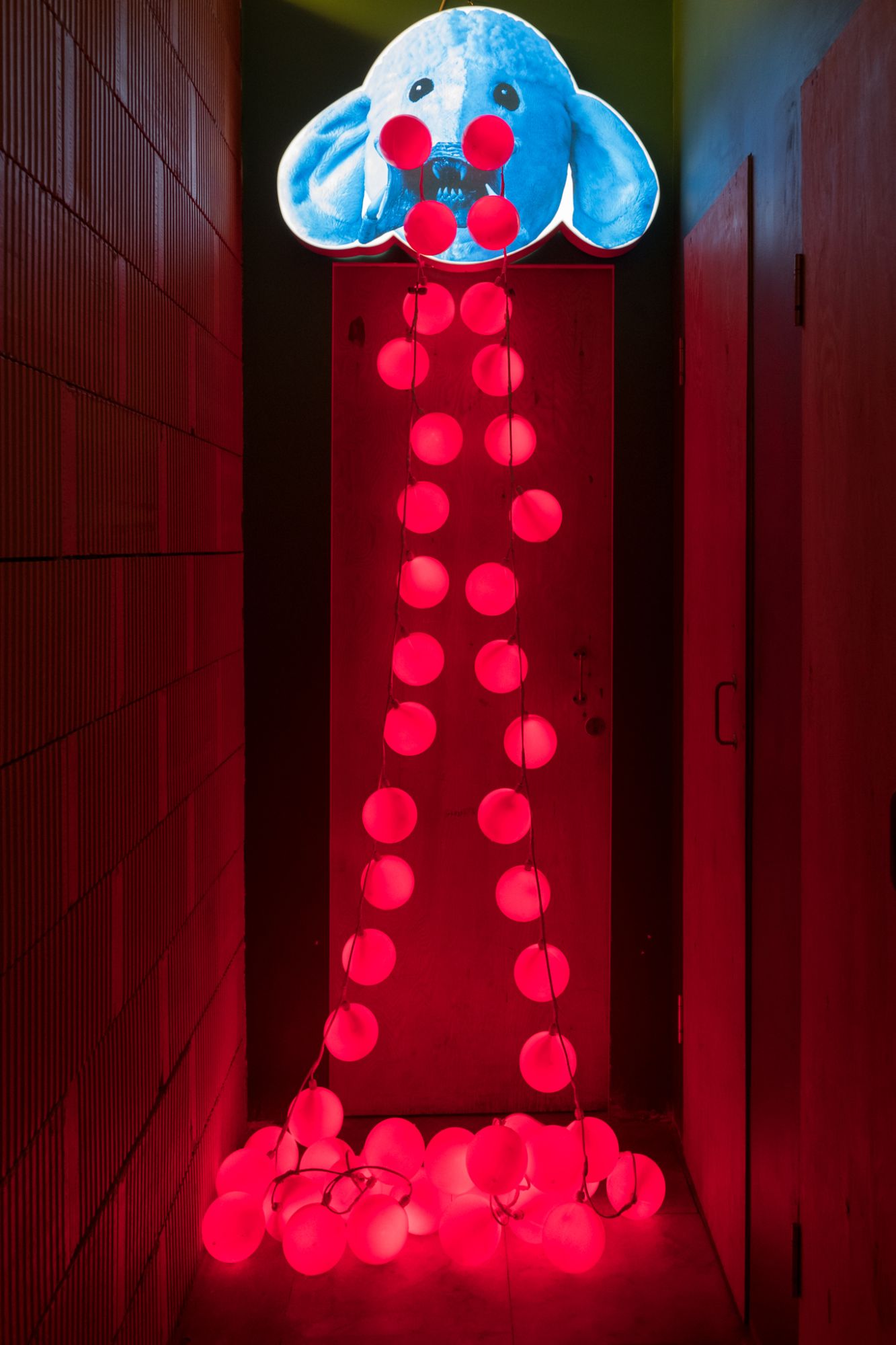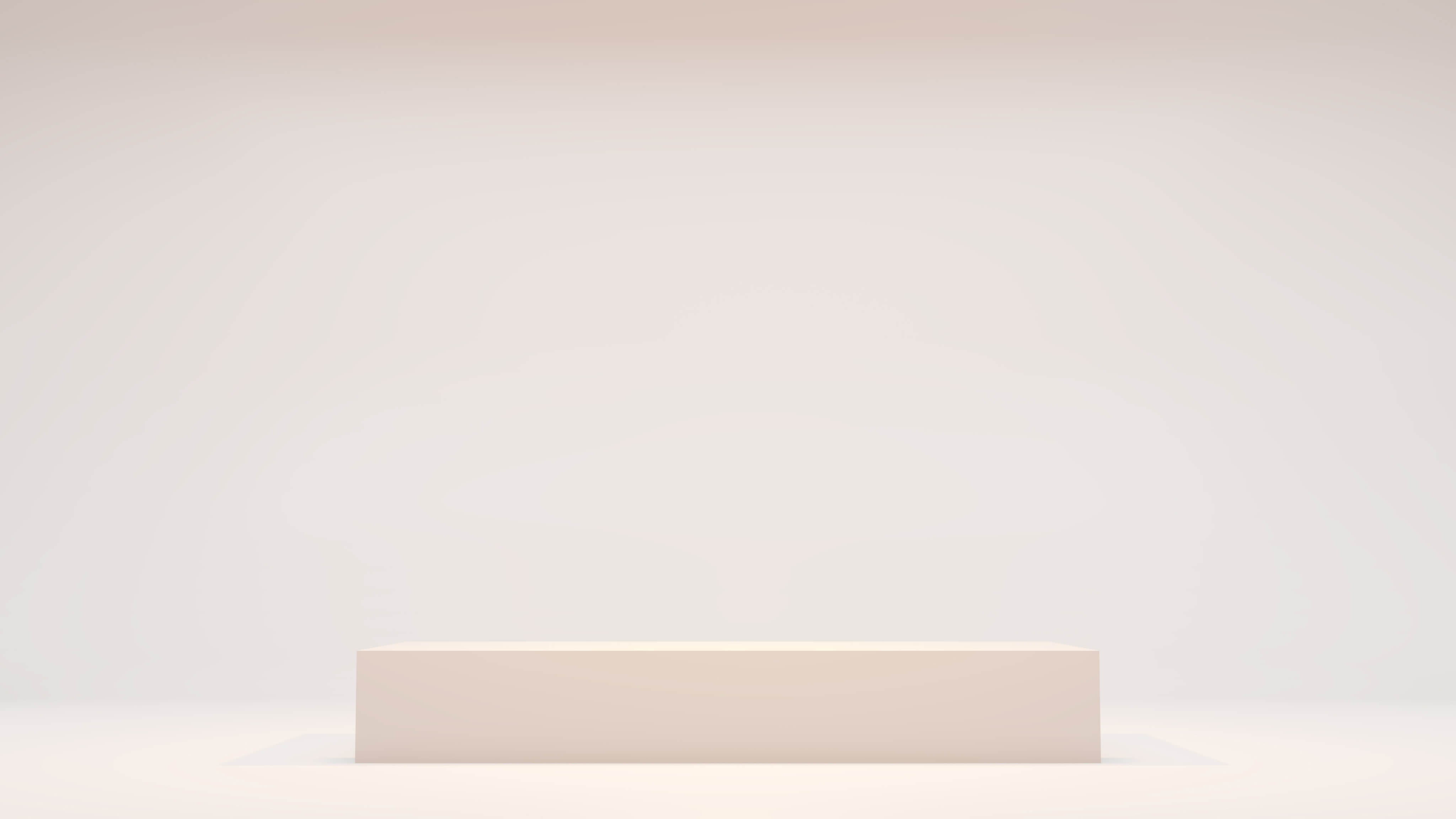I/We Are Wolves in Sheep's Clothing Shedding Crocodile Tears

Oleg Frolov (b. 1983) lives and works in Moscow. Frolov is a graduate of the Faculty of Translation of the Maxim Gorky Literature Institute in Moscow in 2006. He continued to study in the Institute of Contemporary Art in Moscow between 2012–2013.
In the late 2000s, Frolov's understanding of art went hand in hand with his fascination with the urban space itself. Traveling in Northern Europe, he was very impressed by the rational geometry of city planning, ease of transportation, diversity of sensual environment and entrepreneurial culture that accompanied it. Back then he began to consider fine art as closely connected to the institutional organization of the social sphere and was eager to add some extra artifacts to the seemingly unproblematic interaction of humans, objects and information. Gradually Frolov's attitude became more ambivalent. Realization of how hard it was to start and properly maintain institutions in liberal democracies and elsewhere lead him to the issue of personnel and civic responsibility, so now he's keen on observing why and how people fail while establishing the good life for themselves.
Simultaneously, the art objects got more comic and eccentric and now concern themselves mainly with the promises and flaws of optimistic rhetoric of achievements and creativity, which effectively follows the current communicative economy, but at the same time masks a big deal of automatism, intellectual laziness and lack of will. Oftentimes, the work will function as an accumulation of clichés of mass consciousness. Frolov's sculptural practice involves unspecific modes of production, such as presenting ready- bought items and outsourcing of manual labor. In order to grasp how society at large utilizes the history and developments of fine art, his methods refer to an array of creative activities, such as hobbies, edutainment for kids, parties and other leisure events. In this somehow dissolved state, he sees art as an integral part of an overall discussion of democracy. The broader intellectual frame of topics, such as biological turn in theory, demography, human emotional and cognitive spheres, is crucial in Frolov's work, which addresses tense interdependency of people and artifacts.



Submit an application
We will inform you about the availability of the product by phone after checking
